The story of Nigeria has produced its fair share of landmark, victorious and experiences.
In the centre of it all are its citizens, who through bated breath and wide eyes have watched the best and worst of the drama that is Nigerian life, play out.
Capturing the zeitgeist of some of Nigeria’s most notable moments, we sat down with seven Nigerians to relay their feelings and mindsets during the wake of these happenings.
Nigeria’s Independence, 1960

In the weeks leading up to the October 1 1960, I must have spat out the phrase- Independence Day at least 4 times every hour.
This wasn’t due to some special kind of patriotism, although I can argue it was in its nascent form, but due to the fact that my then 7-year old self was scheduled to march in one of the many parades of the day.
October 1st finally came through with a feeling of victory and anticipation in the air. I look back on it now and it still feels so surreal. We were all so very hopeful. – Orazulike
Nigeria gained independence from British colonialists on October 1st, 1960.
Nigeria missing out on the world cup in 1994
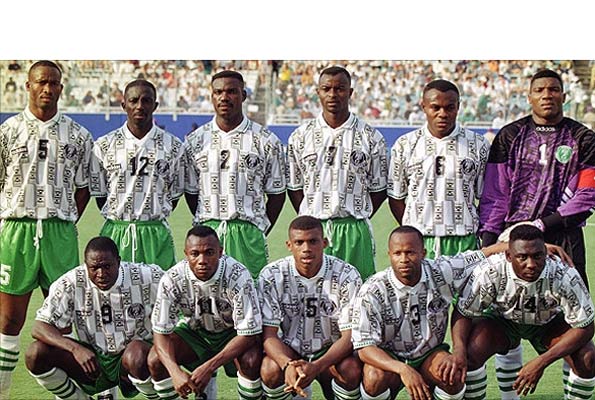
You know how people tell you they have days they can never forget, I’ll put Nigeria’s 1994 loss up there with the birth of my three children and wedding day, just don’t ask me to rank them. I’ll very much like to keep my marriage and family intact
On July 5th, 1994, I was seated directly infront of my friend, now late – Jerry’s televisionset in Gbagada. He was to my left, while I was flanked on the right by Rotimi my brother. I won’t get into the specifics of our emotions during the duration of the game, but I will reveal that there were three grown men, in a boys-quarters at Tunde Hassan with very wet eyes when Baggio scored the winning goal for Italy. – Babajide
1994 saw Nigeria’s first ever qualification to participate in the world cup. The Super Eagles team of 1994 lost a chance to qualify for the quarter-finals after losing 2-1 to the Italians at extra time.
General Abacha’s death – 1998
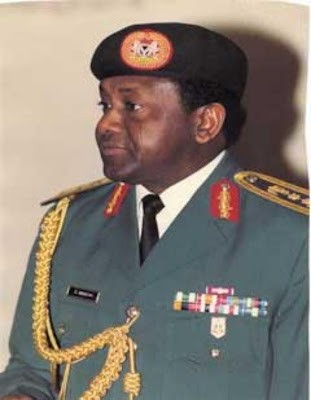
I had just turned four, so my memory of the events are a little foggy. But what I can’t ever forget is watching from the verandah of our two-story home as cars, seemingly with no destination in sight, honked with celebratory flags attached to their sides and people congratulating themselves on the end of a ‘General’, and throwing in my puerile shouts of congratulations at passers-by on the street.
I didn’t understand the import of his passing until several years later. It will always be jarring to me how much pleasure a person’s passing can have on literally millions of people. – Abimbola
General Sani Abacha served as a Nigerian dictator between 1993 and his passing in 1998. The circumstances of his passing have been the subject of a number of controversies.
The 2002 Ikeja bomb blast
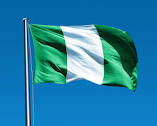
When I heard the first blast go off, I was seated in the guest toilet, wondering who had the guts to slam the entrance door so loudly with both my parents in. When the sounds persisted, I rushed out to discover the root, only to see the entirety of my family, huddled together in our sitting room, wondering whether or not a drive to a safer part of the state was a smart option. We all decided against it and fearfully waited out the blasts in complete silence.
It was 17 years ago, but I’ll never forget sitting in a haphazard circle with my family and wincing at every blast in silence, for fear of alarming the next person. – Shalom
The 2002 Ikeja bomb blast occured on January 27, 2002 – when a fire spread into the munitions base of the military cantonment. It led to the loss of about a thousand lives and the displacement and homelessness of a thousand more.
Yar’adua’s passing – 2010
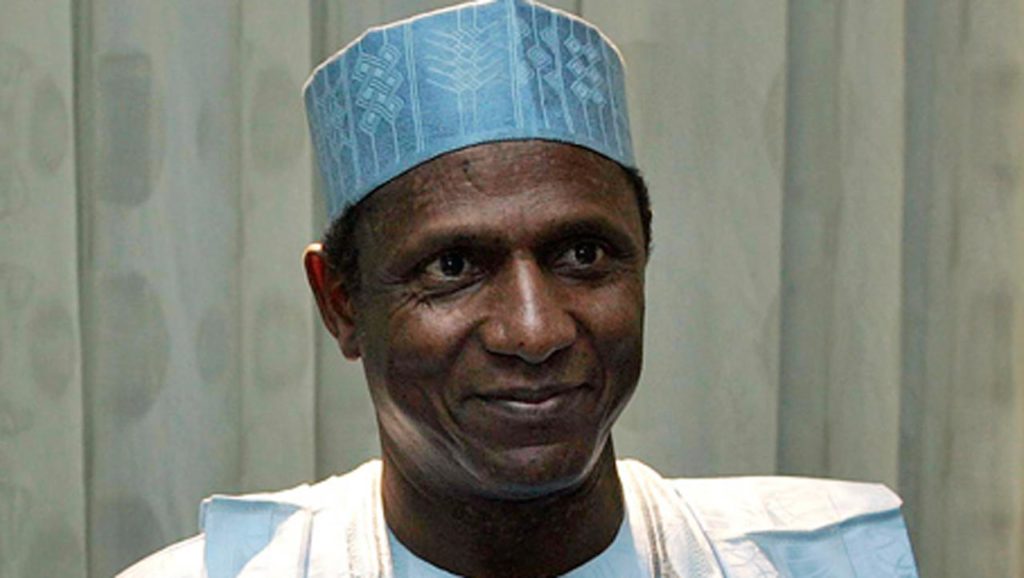
I was 16 at the time and fancied myself to be a psychic of sorts. While speculations were rife during the period, as to whether or not our president was recuperating in a hospital in Saudi Arabia or had indeed passed, I was certain it was the latter, but made sure to keep my suspicions inward.
I got the news of his passing on my way to school, a humid morning on the 5th of May 2010. A day of mourning was declared and workers were told to take the day off.
My original elatedness at missing first period of Mathematics was soon replaced by the processing that a life had been lost and sadness that a family was to have to do without its patriach from then onwards. – Tiwalade
President Umaru Musa Yar’Adua was Nigeria’s 13th president. He passed away on May 5th, 2010 after a protracted battle with acute pericarditis.
The Naira tanking in value – 2016
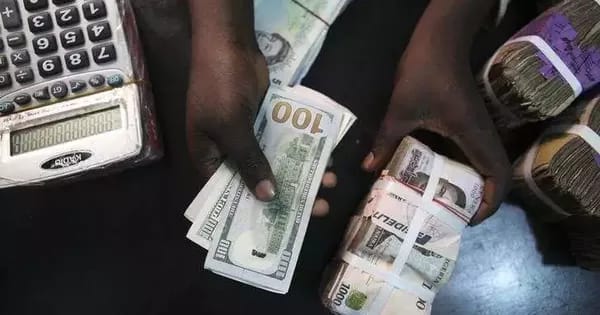
I don’t remember the exact day the dollar doubled in its value to the naira, but I do remember the ripple effects. In 2016, I was in my second year of a Professional Flight Management Course in the United States. Almost overnight, all of my fees had doubled. Without a worker’s permit to supplement my parent’s efforts, I decided to take a year off to take some of the load from my parents.
It’s been three years, and I currently have a thriving catering business in Lagos. While I still nurse hopes of returning to flight school, it most likely won’t happen. I’m learning to be okay with it. – Olaolu
In February of 2016, the Naira devalued from ₦ 150 to a whopping ₦ 315 to one Dollar, greatly impacting the everyday lifestyle of the average Nigerian.
Outbreak of Ebola -2016
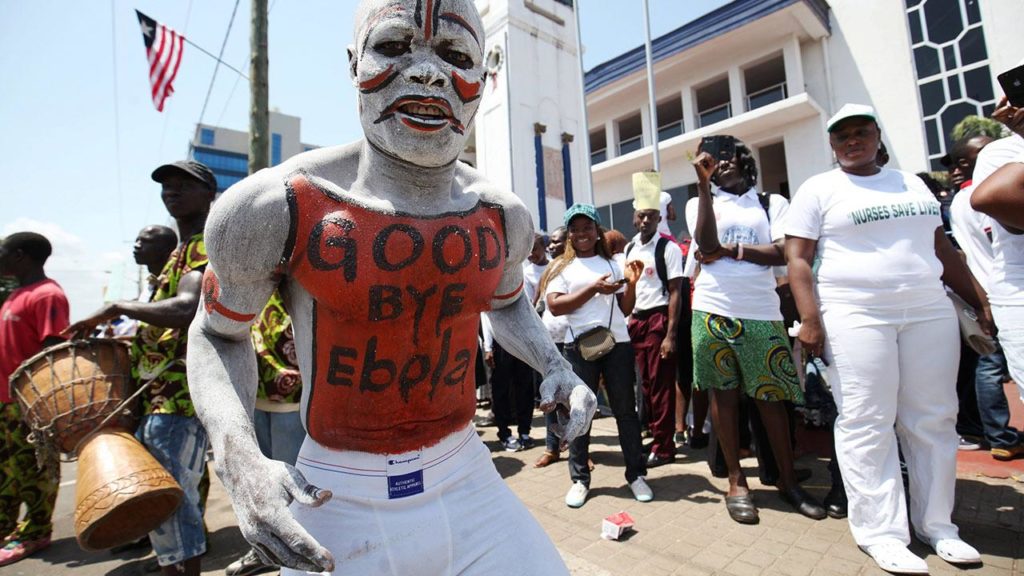
I was in my third year of University when ebola crossed the borders Nigerian borders and struck new chords of fear into Nigerian hearts.
Like many Nigerians students at the time, I couldn’t for the life of me understand why classes were permitted to continue, especially as rumours of new outbreaks were rife at the time. In the end, I had become a class missing, physical contact avoiding, glove wearing hermit and was tearfully happy when it was announced that the outbreak had been contained. – Ibrahim
The ebola virus was introduced to Nigeria on July 20th, 2014, when a Liberian – Patrick Sawyer flew into Lagos while infected. The virus was contained through the valiant efforts of Mrs Stella Adadevoh of the First Consultant Hospital.
Where were you when these events occurred?




